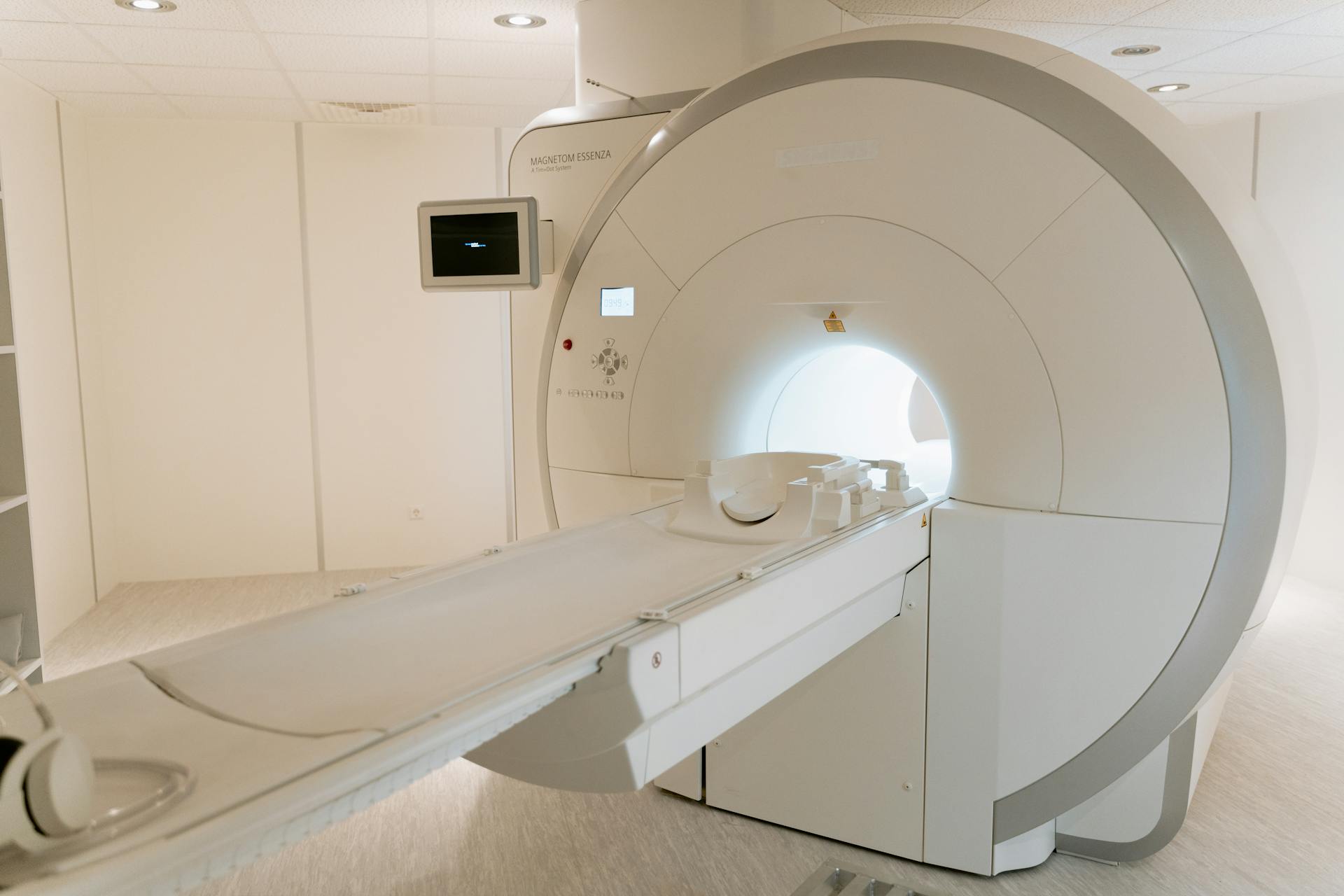
Renal lymphoma in cats is a serious and potentially life-threatening disease that affects the kidneys.
The kidneys are vital organs that filter waste and excess fluids from the blood, and lymphoma can cause them to fail.
Renal lymphoma is a type of cancer that originates in the lymphatic system, which is a network of vessels, organs, and tissues that help the body fight infection.
The disease is more common in older cats, typically those aged 10 or older, and is more prevalent in males than females.
Symptoms of renal lymphoma may include vomiting, diarrhea, and weight loss, as well as increased thirst and urination.
A definitive diagnosis of renal lymphoma can only be made through a biopsy, which involves removing a sample of tissue from the affected kidney and examining it under a microscope.
Causes and Risk Factors
Renal lymphoma in cats is a complex condition with multiple causes and risk factors.
Older cats are more susceptible to renal lymphoma, with the majority of cases occurring in cats over the age of 10.
Chronic kidney disease is a common underlying condition in cats with renal lymphoma.
Cats with a history of cancer or autoimmune disorders are at a higher risk of developing renal lymphoma.
Feline leukemia virus (FeLV) and feline immunodeficiency virus (FIV) have been linked to an increased risk of renal lymphoma.
Male cats are more likely to develop renal lymphoma than female cats.
Cats with certain breeds, such as Siamese and Persian, may be at a higher risk of developing renal lymphoma due to their genetic predisposition.
Symptoms and Diagnosis
Symptoms of feline renal lymphoma can be quite severe, especially in cats compared to other animals. Chronic feline renal failure and cat urinary tract problems are symptoms associated with renal lymphoma.
Cats with renal lymphoma usually exhibit typical signs of a urinary tract problem, such as abdominal pain, frequent and irrational urination, passing of crystals, blood in urine, and severe nitrogen toxicity in the blood. These symptoms might not be present or not severe, depending on the age of the cat and the primary cause of the lymphoma.
Anemia is always noted if the condition is caused by feline leukemia viruses.
Feline Renal Lymphoma Symptoms
Cats with renal lymphoma often exhibit symptoms related to the urinary tract, such as abdominal pain and frequent urination.

These symptoms can be quite severe, especially in older cats, and may include passing crystals and blood in the urine.
The severity of the symptoms depends on the age of the cat and the primary cause of the lymphoma.
In some cases, anemia may be present if the condition is caused by feline leukemia viruses.
Severe urinary symptoms in older cats are often a sign of feline renal failure and infections.
Cats with renal lymphoma may also exhibit symptoms associated with the immune system, but these are often less severe than the urinary tract symptoms.
Diagnosis of Feline Renal Lymphoma
Diagnosis of feline renal lymphoma requires a thorough diagnostic protocol.
Clinical features, such as symptoms and physical examination, are essential in determining the presence of renal lymphoma.
Blood and serum profiles, including tests for the feline leukemia virus, are crucial for confirming the diagnosis.
Urinalysis is also an important diagnostic tool for detecting renal lymphoma.
Thoracic radiography, or chest X-rays, can help identify any abnormalities in the chest area that may be related to the lymphoma.

Cellular studies, such as biopsies, are necessary to confirm the presence of cancer cells in the kidneys.
The diagnostic process should involve stepwise confirmation and elimination of possible causes, leading to a determination of the disease stage.
Feline renal lymphoma is typically categorized into five different stages, each with its own treatment and management plan.
Treatment and Management
Renal lymphoma in cats is a challenging condition to treat, and unfortunately, it's incurable. However, there are ways to manage the disease and improve your cat's quality of life.
The main goal of treatment is to manage the disease, not cure it. This can be achieved with the use of drugs like prednisone and doxorubicin, which have been found to be very effective in maintaining cellular strength and preventing further penetration of the disease.
These drugs can have side effects, which can be addressed with supportive measures. Supportive therapies use symptomatic drugs and natural preparations to improve your cat's quality of life.
Expand your knowledge: Why Is My Cat's Ear Twitching?
Nutritional adjustments and natural remedies can also be beneficial. Two natural products that can be of some help are Kidney Support and C-Caps Formula. Kidney Support targets the renal system, while C-Caps Formula strengthens healthy cells and the cat's immune system.
In some cases, surgery may be an option if the tumor is localized to one kidney and the other kidney is functioning well. However, this is not always the case, and treatment options vary based on the type of cancer, its stage, and the cat's overall health.
Treatment options for cats with kidney cancer may include surgery, chemotherapy, radiation therapy, supportive care, and palliative care. Surgery can be used to remove the affected kidney, while chemotherapy can help manage the disease. Radiation therapy is uncommon but may be used to treat tumors that haven't spread.
Supportive care is crucial regardless of the treatment path, and includes proper nutrition, hydration, and pain management. Cats with kidney cancer may need to be on a special kidney diet for the rest of their lives.
Here's a summary of the treatment options:
- Surgery: Surgical removal of the affected kidney
- Chemotherapy: Managing the disease with drugs
- Radiation Therapy: Treating tumors that haven't spread
- Supportive Care: Managing symptoms and maintaining quality of life
- Palliative Care: Keeping your cat comfortable for as long as possible
Prognosis and Outlook
The prognosis for cats with renal lymphoma can be quite variable, depending on several factors. Some cats with lymphoma who don't have FeLV or FIV may have a better outlook than those who do.
Early detection of kidney cancer is crucial, as it can improve outcomes significantly. The earlier kidney cancer is detected, the better.
Removing one kidney for a carcinoma can give a cat a good quality of life for quite a while. This is a viable option for some cats with kidney cancer.
Chemotherapy can also be effective in treating some forms of kidney cancer, particularly renal LSA. Some cats respond well to chemotherapy and can live for quite a while.
The aggressive nature of kidney cancer underscores the importance of regular check-ups with your veterinarian. Seeing your veterinarian regularly for annual physicals and bloodwork is essential for early detection.
Frequently Asked Questions
How long can cats live with renal lymphoma?
Cats with renal lymphoma typically live 3-6 months, but some may survive longer. Survival time varies, and individual cases can differ significantly.
Featured Images: pexels.com


